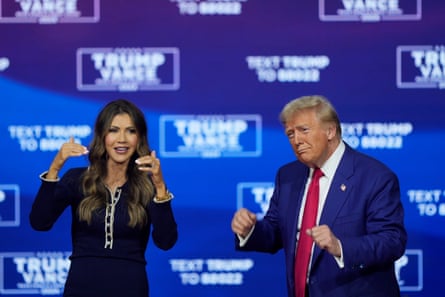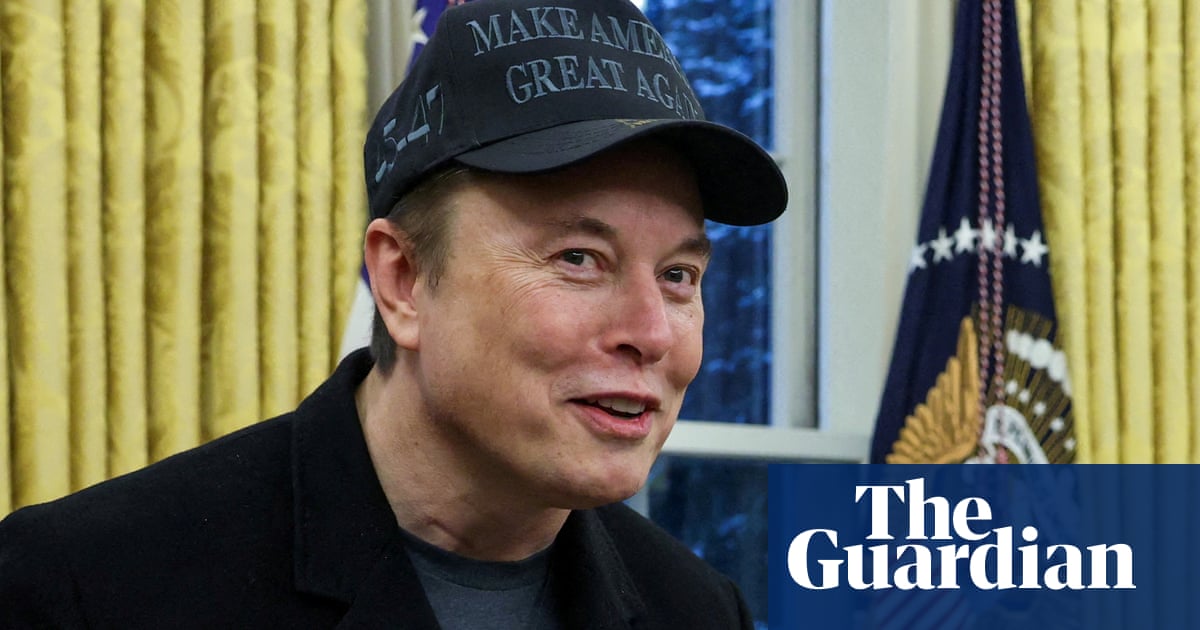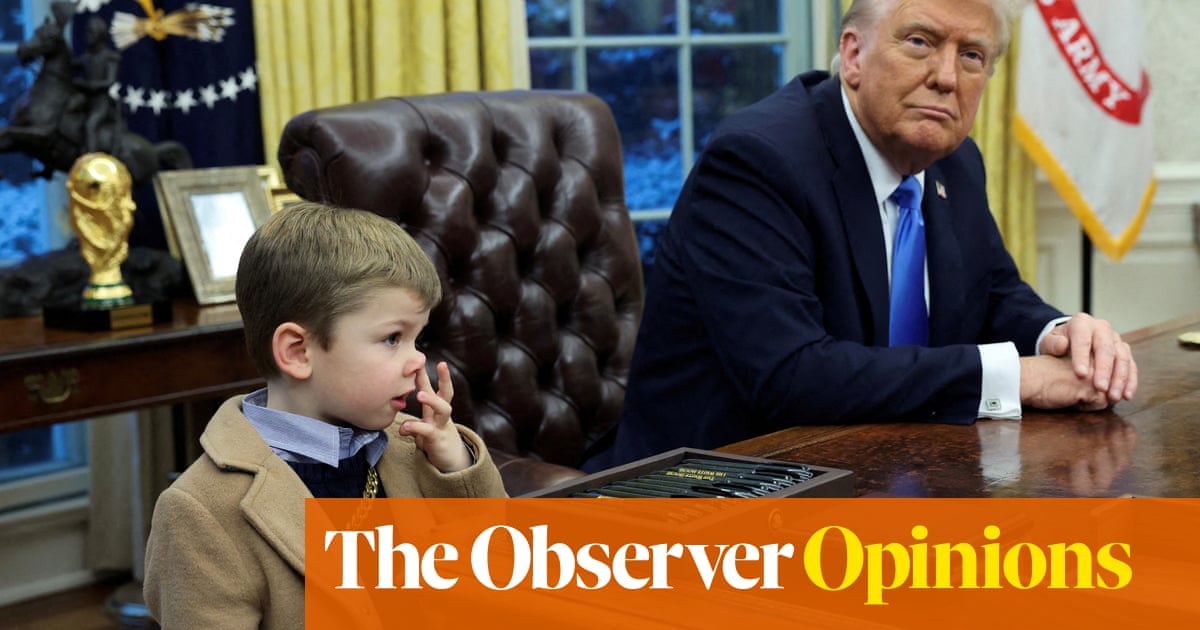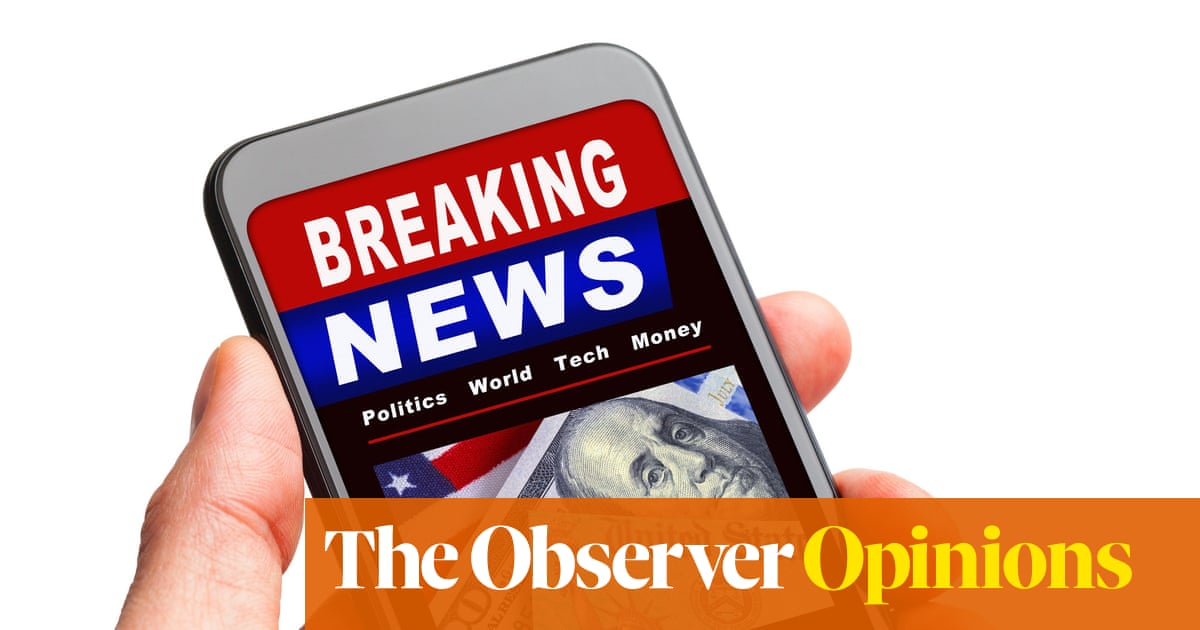When Kamala Harris stopped at the west Philadelphia barber shop Philly Cuts just days before the election, its manager, James Browne, said the vice-president came off “almost like a favorite aunt”.
Harris seemed “genuine, kind, nice, very comforting” during the half-hour she spent in the shop while campaigning in the largest city in battleground state Pennsylvania, Browne said. “Meeting her in person was very different than seeing her on TV.”
But when customers would sit down for a cut, he realized their impression of Harris did not match his. “I did get that men did not want to see a woman with that much power. There was a lot of that,” Browne said.
Days after Harris visited his shop, Donald Trump decisively won the presidential election, scoring victories in Pennsylvania and the six other swing states.
It was a catastrophic loss for Democrats, who had seized on Trump’s hardline rhetoric towards his political opponents and undocumented immigrants to argue that he is a threat to democracy. But perhaps even more concerning for the party’s prospects of regaining power are signs that in major cities in battleground states, Trump is more popular than ever before.
Urban and suburban voters are today key parts of the Democratic coalition, and whether they turn out often determines if the party’s candidates and causes win state and federal elections. Yet in overwhelmingly blue cities like Detroit, Milwaukee and Philadelphia – all of which lie in swing states that Trump won this year – the former president received more votes in the 5 November election than in the two previous instances he was on the ballot.
Harris, Joe Biden and other top Democrats had campaigned in all three, but none had received quite as much attention as Philadelphia. Biden has visited the city repeatedly during his presidency, at one point turning Independence Hall, where America’s founders adopted the constitution and Declaration of Independence, into a platform to warn the nation of the dangers of Trump and his Maga ideology. Harris’s sole debate against Trump took place in the city, as did her final speech before election day.
Despite all that, a Guardian analysis of unofficial voting data released by Philadelphia city commissioners shows that even though Harris received nearly 79% of its vote, Trump’s support increased in 64 of Philadelphia’s 66 wards compared with 2020, while voter turnout declined overall.
And while Democratic candidates for crucial Senate seats eked out wins even in swing states that Harris lost, in Pennsylvania, Republican Dave McCormick unseated Democrat Bob Casey.
The trouncing sparked a public spat among Democrats, with the local party chair Bob Brady saying Harris came off as an “elitist” and refused to work with them, while a top adviser for the vice-president’s campaign in Philadelphia accused Brady of “fleecing campaigns for money to make up for his own lack of fundraising ability or leadership”.
In interviews with the Guardian, Democrats and Republicans said the vice-president’s appeals were unable to overcome a malaise that had set in among voters in Philadelphia, which has the highest poverty rate of any large city in the country. The turbulence caused by the Covid pandemic, followed by the wave of inflation that drove up prices , convinced voters that the election would change nothing in their lives – or that Trump was a better choice.
“I think in Philadelphia, in particular, one of the problems, one of the challenges, is that people do not feel that government has the ability to better their lives, and they don’t think that government is present with the problems we have in the city,” said Larry Ceisler, a public affairs executive.
“It was a temporary loss in faith in the party that was in power and voters willing to take a shot with another direction.”

A veteran of Democratic campaigning, Joe Hill spent this election working with Black Leadership Pennsylvania, a non-profit he cofounded that is focused on increasing voter turnout among a community that makes up about 40% of Philadelphia’s population. While African American voters are among the most reliable Democratic constituents, Hill said Harris failed to deliver a message that could reach those most concerned about the price of living.
“There needed to be a way to clearly explain to people how their economic reality was going to change and how you were going to deal with the issue of rising costs. I never saw a clear, punchy answer to any of those questions from the vice-president,” he said.
After endorsing Harris, the Working Families party, a progressive third party that has two members on Philadelphia’s city council, deployed nearly 500 door-knockers to encourage support for the vice-president across Philadelphia. Salaah Muhammad, the party’s Pennsylvania organizing director, said their canvassers encountered voters whose dissatisfaction with the city dampened their enthusiasm for Democrats further up the ballot.
As for Trump, some remembered him best for the stimulus checks that Congress authorized during the final months of his presidency to offset the economic toll of Covid.
“It was inflation, it was the housing market, it was a good-paying job. It was a whole gamut of issues, of economic issues, inflation being one of them,” Muhammad said.
Isaiah Thomas, a Democratic city council member, said the Harris campaign was not loud enough in promoting Biden administration accomplishments, such as cracking down on hard-to-trace ghosts guns, a welcome development in a city that has seen violent crime spike in recent years.
Trump and his surrogates, meanwhile, effectively weaponized frustration with inflation and combined it with concern over undocumented migrants, an issue Thomas said voters had not been as concerned about in the past.
“Not just the economy and inflation, but also the border. These are things that I’ve never heard Philadelphians talk about the way they did, but it was being hammered to people,” he said. “The message was landing in an overwhelming capacity.”
Philadelphia is home to sizable communities of Muslims and Arab Americans, both groups who typically support Democrats. But that allegiance frayed this year after Biden supported Israel’s invasions of Gaza and Lebanon, and Harris gave no sign she would change policies. David Oh, a Republican former candidate for mayor, said that made Trump and his pitch to “stop wars” all the more appealing to those groups.
“However they feel about the issues, their community sees a connection with Donald Trump, and they see an effort,” Oh said.
Many Democrats wonder if things might have been different had Harris more time to campaign. She took over as the Democratic nominee in July, after Biden exited the race following a disastrous debate performance against Trump. While the vice-president’s ascension was greeted with a burst of enthusiasm from the party’s base, the race quickly settled into what polls showed was a neck-in-neck slog.
“I do think that the switch of the candidate had an impact on a lot of people,” Thomas said. “That was kind of confusing to folks.”
Josh Novotney, a Republican strategist and consultant who worked with the Trump campaign in Philadelphia, credited its focus on two main issues for the inroads made across the city.
“Trump was for lower prices, and Kamala was for higher prices. And Trump was for closed borders, and Kamala was for open borders,” Novotney said.
Never before in Philadelphia had he seen “that many working-class minority voters not only going to vote for the Republican, but energized enough to take a bus across town to pick up a lawn sign and some palm cards and hand them out to their friends”, Novotney said. “I think, to Trump’s credit, he really spoke to that crowd.”

 2 months ago
51
2 months ago
51













































